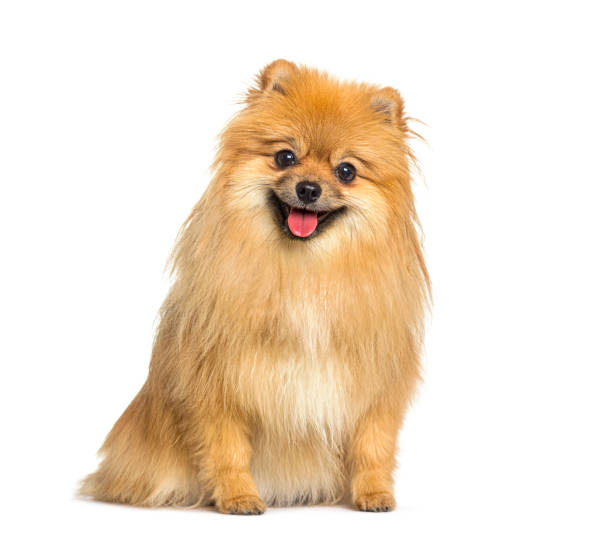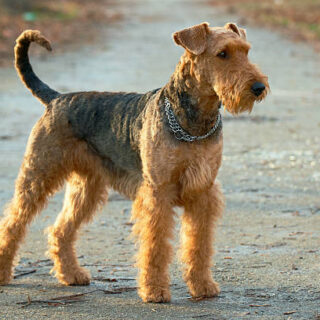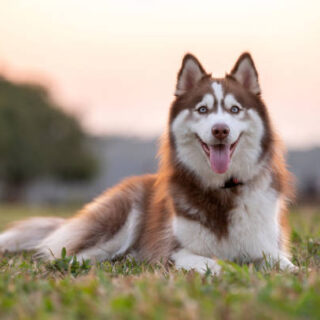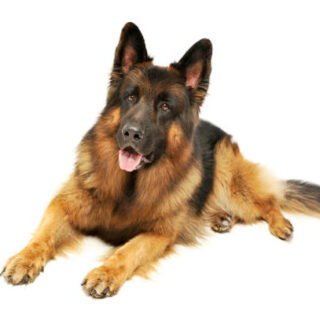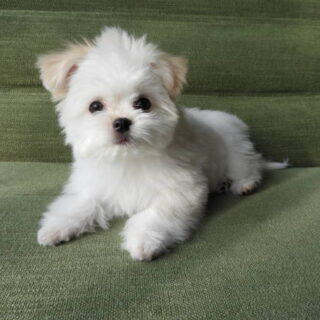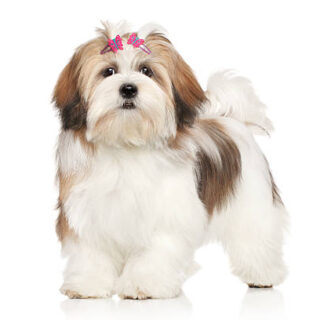Your cart is currently empty!

Single Product
Pomeranian dogs
Pomeranian dogs Pomeranian dogs are of European origin, specifically from Pomerania, a place located in northwest Poland and northeast Germany. These dogs are classified as small dog breeds because of their small size. What is special about Pomeranian dog breeds is that they are descendants of German Spitz dogs. These adorable dogs are known for…
Description
Pomeranian dogs
Pomeranian dogs are of European origin, specifically from Pomerania, a place located in northwest Poland and northeast Germany. These dogs are classified as small dog breeds because of their small size.
What is special about Pomeranian dog breeds is that they are descendants of German Spitz dogs. These adorable dogs are known for their extra furry coat that covers their entire body. They have small eyes, a short snout and their ears can be visibly seen as they emerge out of the coat on their heads.
Pomeranians temperament is quite friendly. They are full of energy and love playing outdoors, too. Walking them regularly is recommended to keep them healthy and fit. They thrive well in colder regions and because of their heavy coats, they do not do well in warmer climates. Those living in humid and hot regions would have to take special measures to keep their Pomeranian dogs comfortable. These dogs are not overly dependent and make great pets for those who have a busy schedule and even older people. Pomeranians adjust well in apartments and even those houses that do not have a backyard.
Key specifications of Pomeranian Dog Breed:
-
Weight:
A healthy Pomeranians weight ranges between 1.3-3.1 kgs.
-
Height:
A Pomeranians height ranges between 6-7 inches.
-
Lifespan:
A Pomeranians lifespan is 12 to 16 years.
-
Coat:
These dogs have a thick and double-textured coat. They frequently shed their fur.
Pomeranians Characteristics and Behavioral traits:
- Pomeranian breeds are usually lively and playful.
- They love being in the company of people.
- They can get aggressive around other dogs sometimes.
- Pomeranian dogs are quite territorial of their surroundings and tend to bark frequently.
- They are intelligent and smart creatures and impressively pick up training as well.
Physical appearance
– Pomeranians are little furry dogs that will definitely steal your heart on the first look. Their face resembles that of a fox and their eyes have a distinct almond-like shape. A Pomeranians coat comes in a wide array of colours and patterns but orange and red are the predominant colours of their coat. Additionally, their coats can be also found in black, blue and tan, chocolate, black and tan, blue, chocolate and tan, cream, brindle, cream sable, and white. Pomeranians whose coats have spots of any other colour are called particoloured. Their tail is also one of their most attractive features. Pomeranian tails are bushy and plumed, and even require regular trimming along with their coat. How will you know if your Pomeranian is a purebred? Here a few typical characteristics to look out for to recognize a purebred Pomeranian:
- They are small and short-backed.
- They have a heavily plumed and bushy tail.
- They also have a foxlike snout.
- Its coat is longer around its neck and chest area.
Behaviour
One of Pomeranians defining characteristics is that they are curious dogs. They are highly energetic but not hyperactive. They like pleasing their owners and will follow commands and instructions promptly. Pomeranians are playful, funny and non-fussy. They like to keep an eye on whats going around them and enjoy surveying and inspecting their surroundings – which means they bark a lot. They do not shy away from barking to let their owners or people around them know if they are happy or not. They have a low tendency to drool. Even though a Pomeranians temperament is friendly, it is not advisable for a household with children to adopt a Pomeranian. Toddlers, especially, do not understand the needs and nature of a Pomeranian. For instance, if the child does something that annoys the Pomeranian, it may retaliate by biting.
Care requirements for Pomeranian Dog:
Heres more information on Pomeranians that you should know if you are thinking of adopting one:
-
Health
– Pomeranians are generally a healthy breed of dogs. But they are prone to a few health issues. These dogs can suffer from thyroid disease and can develop epilepsy. Epilepsy could lead them to have seizures. Pomeranians are also prone to developing eye problems such as cataracts and issues with their tear ducts. They can also develop luxating patella wherein their kneecaps slide out of place or hip dysplasia wherein the hip socket does not fully cover the thigh bone ball joint. Pomeranians also experience gum and teeth problems including premature tooth loss. Due to these health issues, it is important that you never miss the vets appointment and stay updated with regular check-ups.
-
Grooming
– Pomeranians are known for their thick and long double coat. A double coat means they have two kinds of fur – its undercoat is thick yet soft and its outer coat is bristly and straight. Now this sounds like a Pomeranian’s grooming would be a strenuous task but its actually not. Because of their small size, it becomes comparatively easier to groom their fur. All you have to do is brush their coat thoroughly a few times a week. You can use a medium to hard-bristled brush as this kind of brush will be penetrable till its undercoat and skin. When it comes to their bathing, they need to be bathed every few months only. One habit you will have to instill in your Pomeranians daily routine is brushing because they are prone to dental problems.
-
Exercise
– Pomeranians do not require a rigorous exercising regimen. But it is advisable to take them on short walks twice a day. Though they will not be opposed to the idea of long walks either. It is a delight to watch Pomeranian dogs walking down the street, holding their heads high. They thrive well in the cold weather but because of their thick coats, they face problems in summers or warmer regions.
-
Nutrition
– A Pomeranians nutritional needs are not as high as large dog breeds. It is advisable to feed them two balanced meals a day. Get in touch with the vet to understand your Pomeranian’s nutritional needs better. Also, make sure you keep a bowl of fresh water near its kennel or crate, especially in summers.
-
Training
– Training a Pomeranian is a moderately easy task. Even though Pomeranians are smart, they tend to be stubborn. You will have to gently coax your Pomeranian into learning new tricks or to obey you. They also do not have longer attention spans. So, if you want to train them, you will have to keep your sessions short.
Whats more is that they also get along well with other house pets if you teach them to socialise. They have a tendency to jump off the furniture, so make sure you lay down rules regarding what is acceptable and what isnt.
History of Pomeranian Dogs:
Pomeranians ancestral roots can be traced back to the sledge dogs from Lapland and Iceland. A long time ago, these ancestors came to Pomerania which today lies between Poland and Germany. Pomeranians caught the eye of the British Royalty and its popularity soared ever since. Queen Victoria also had bred a Pomeranian in the late 1800s and she even won a breed competition with it. It is also said that two of the three dogs that survived the sinking of the Titanic were Pomeranians. Some of the popular celebrity Pomeranian owners are Paris Hilton, Sylvester Stallone, Kelly Osbourne, Nicole Richie, Hilary Duff, Gwen Stefani, and Keanu Reeves.
